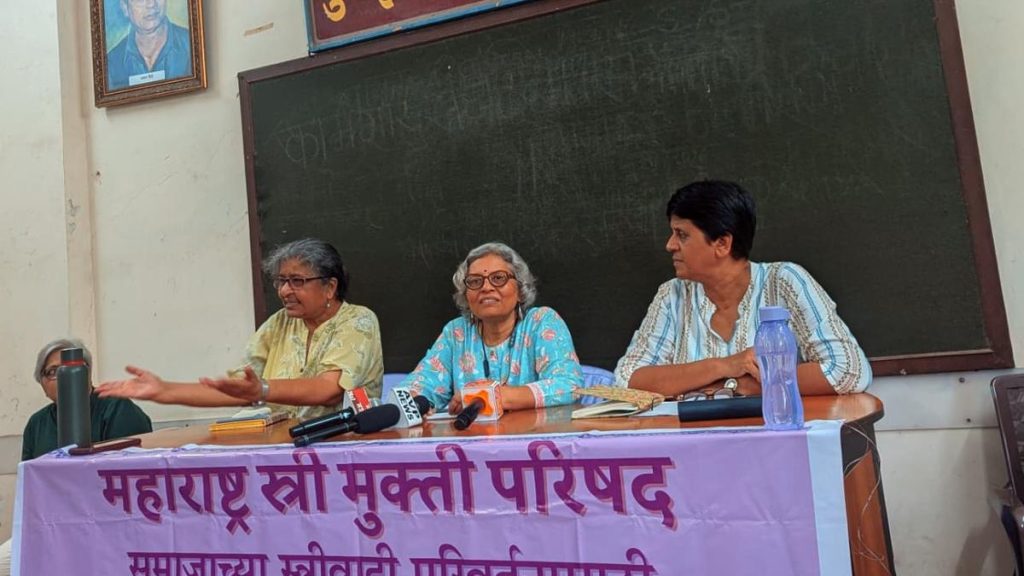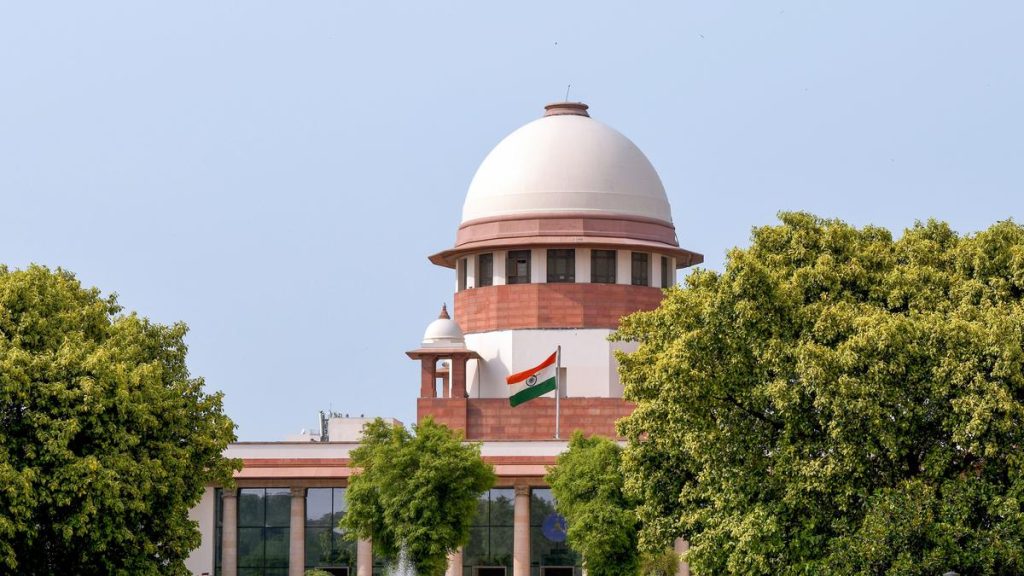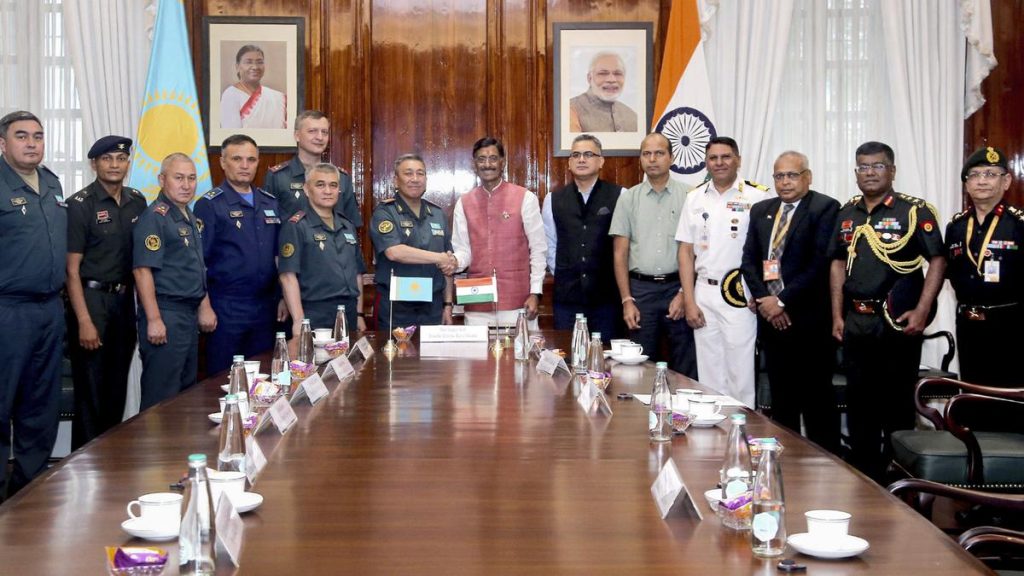Now Reading: CPI(M) Questions Church Leaders’ Support for BJP Amid Christian Persecution
-
01
CPI(M) Questions Church Leaders’ Support for BJP Amid Christian Persecution
CPI(M) Questions Church Leaders’ Support for BJP Amid Christian Persecution

Rapid summary
- The Communist Party of India (Marxist) [CPI(M)] criticised certain Church leaders for expressing positive sentiments towards Prime Minister Narendra Modi amidst alleged attacks on Christians by Sangh Parivar activists, including incidents in BJP-ruled Odisha.
- CPI(M) leader A.K. Balan voiced concern over Archbishop Mar Joseph Pamplany’s reported appreciation of Mr. Modi and Home Minister amit Shah for securing bail for Kerala nuns arrested under contentious charges in Chhattisgarh.
- Balan accused some Church leaders of offering political support to the BJP in exchange for economic benefits, such as raising rubber prices to ₹300. He deemed this approach unfair to minorities under attack by BJP-backed groups.
- Criticism was also made against Church leadership allegedly aiding BJP candidates, with references made to Suresh Gopi’s potential candidacy from Thrissur Lok Sabha constituency.
- Bishop Remigiose Inchananiyil condemned Modi’s citizenship law favoring Hindu minorities from Pakistan and questioned its implications on Indian Christian communities seeking refuge overseas at a farmer’s rally in Kozhikode.
- CPI(M) members detailed alleged incidences where Christians sought protection from Bajrang Dal attacks at party offices across North india. The party accused RSS of promoting majoritarian narratives antagonistic to Christians and other minority groups.
Indian Opinion Analysis
This issue sheds light on ongoing tensions surrounding India’s communal politics and political alliances within Kerala, a state with critically important Christian demographics amid broader national controversies regarding minority rights. Allegations against Sangh parivar activists targeting clergy reflect growing concerns about violence and intimidation faced by religious minorities-a sensitive topic amplified when linked to electoral strategies or economic negotiations such as rubber pricing.
The criticism leveled at Church leaders underscores complexities in balancing minority advocacy with pragmatic political engagement, notably amidst concerns over central government policies perceived as exclusionary or religiously charged. CPI(M)’s emphasis on safeguarding secularism aligns with its broader ideological stance but also raises questions about how effectively diverse communities are represented without losing sight of shared struggles against communalism.
While no direct governmental response is captured here, the commentary highlights interfaith dynamics increasingly shaping regional politics ahead of elections-perhaps influencing voting behavior but equally exposing vulnerabilities among minority populations fearing targeted violence.

























